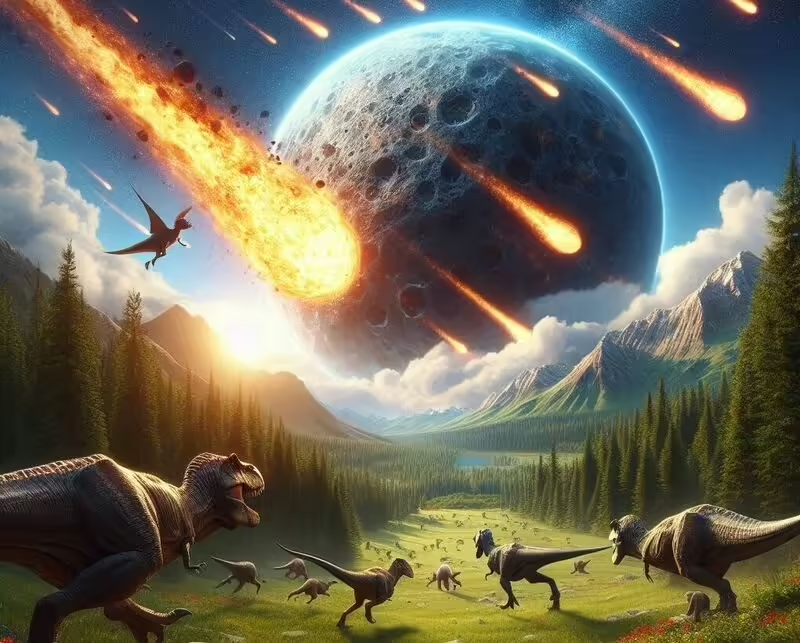About 66 million years ago, a massive asteroid slammed into Earth, setting off a chain of events that is thought to have led to the extinction of the non-avian dinosaurs. A new study sheds light on the asteroid’s origins.
A group of researchers led by Dr. Mario Fischer-Gödde measured ruthenium isotopes in impact deposits from the Chickshulub Crater and compared them to various classes of meteorites.
They discovered that the asteroid that hit the dinosaurs was a carbonaceous chondrite that formed in the outer solar system. Analysis of other ancient craters showed a similar composition, meaning these objects also came from the outer solar system. But younger craters were left by silicon asteroids in the interior of our system.
A new study confirms the theory that an asteroid fell, while in recent years the idea that a comet fragment fell to Earth 66 million years ago has been actively spreading.













